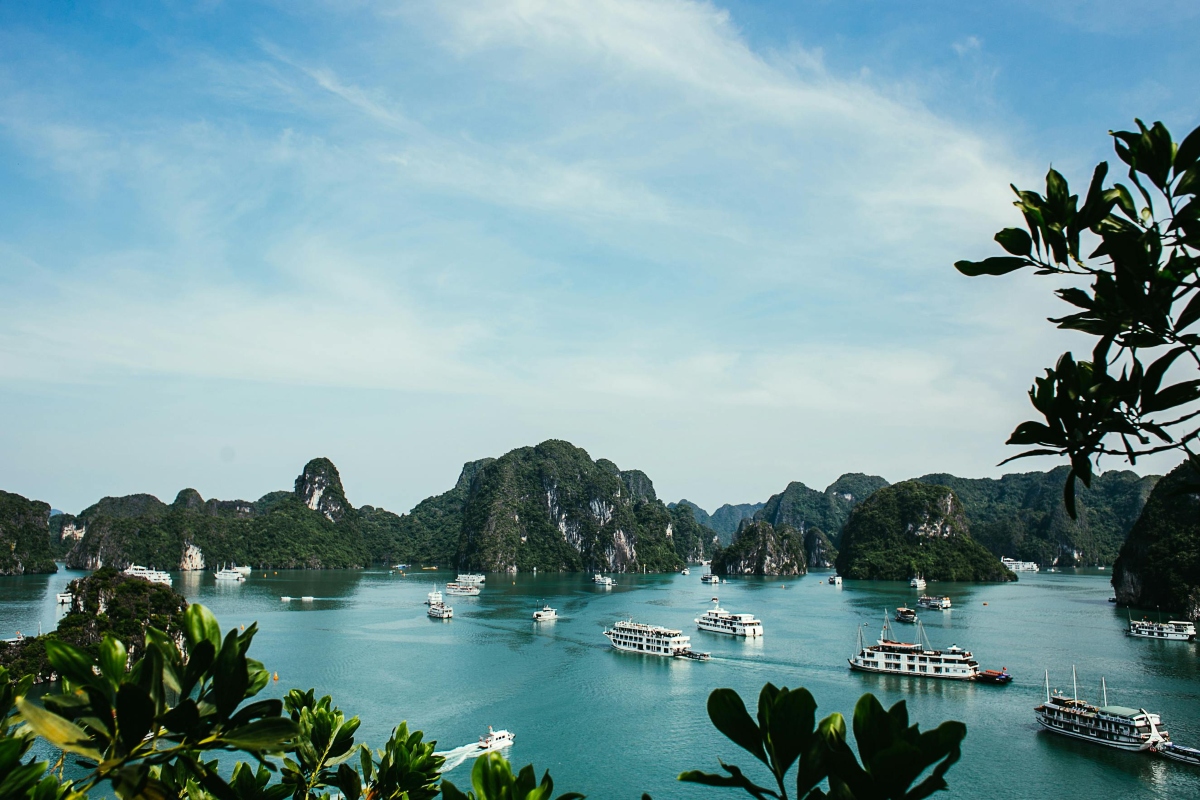New fees and restrictions in the travel industry are usually introduced under-the-radar which results in them being easily overlooked by the general public.
According to The Washington Post, travel companies “hide” these new fees and restrictions because they allegedly hope travelers won’t notice until they’re at the front desk or final checkout screen.
Companies like Delta, United Airlines and JetBlue Airways have raised their baggage fees in the past year — with no formal announcement. Most U.S. airlines charge $30 for luggage that is a total of 62 inches high, wide, and deep for domestic flights in addition to the baggage having to weigh less than 50 pounds. For international flights, you can expect to dish out up to $60 for luggage weighing 50 pounds.
MGM Resorts has increased its mandatory resort fees to $37 this year. This fee has been raised from their usual $35 resort fee at seven of its properties which includes MGM Grand and the Mirage in Las Vegas. According to resort insiders, there will be another fee increase on August 1st at select MGM hotels.
Royal Caribbean will begin charging travelers between $8 and $29 to experience signature attractions on the Quantum of the Seas starting this November.
Nikola Webster is a traveler that tells The Washington Post of her loyalty to the same hotel in Crystal River, Florida. She had been loyal to them for years — even booking months in advance to ensure she got the lowest rate.
“The last time we stayed, we prepaid, and they sent me my confirmation with all the terms and conditions,” recalls Webster. However, when she and her family checked in last summer, they were hit with the news that the hotel now adds a mandatory $17-a-day resort fee. Webster was not informed prior to her stay and she says “they demanded that I pay.”
Webster is not only a novice traveler, but she also writes for her travel blog entitled Brit on the Move. She ended up showing the hotel her terms and conditions which had no mention of a resort fee and shew as able to avoid paying the fee. She has never been back to that hotel since.
The issue is that when travel companies implement new rules, they rarely issue a news release. For example, hotels began to drastically change their reservation policies a few years ago. Instead of a 24-hour cancellation policy, they began charging cancellation fees for those who canceled less than 48 or 72 hours before their scheduled check-in. The public was not informed and many travelers only found out when they attempted to cancel and were charged cancellation fees.
More recently, with the increase of cancellations in the Dominican Republic, many travelers were unaware that their flight ticket was non-refundable until they tried to cancel.
Henrik Zillmer, the CEO of AirHelp tells The Washington Post: “Travelers don’t know how restrictive the terms of their ticket are — until they check. The ignorance benefits the travel industry now more than ever.”
There are times when travelers don’t mind the hidden fees or restrictions. Amina Dearmon, founder of New Orleans-based travel agency Prospectives Travel says: “My clients are willing to pay the additional fees if it means one less thing to worry about when they are traveling. I find this especially true when working with families and baby boomers. They are comfortable paying the additional fee on an airplane to guarantee that they can sit together or be closer to the front of the plane.”
Travel policies began being more restrictive ten years ago when airlines realized passengers would actually pay for their first checked luggage. However, when travel companies add new fees and restrictions without publicly announcing them, travelers begin to think the companies are being sketchy.
If travel companies started to disclose their changes in advance through all booking channels and provide an explanation for their change as well as reminding their customers on the change; travelers would be more trusting and happy.





